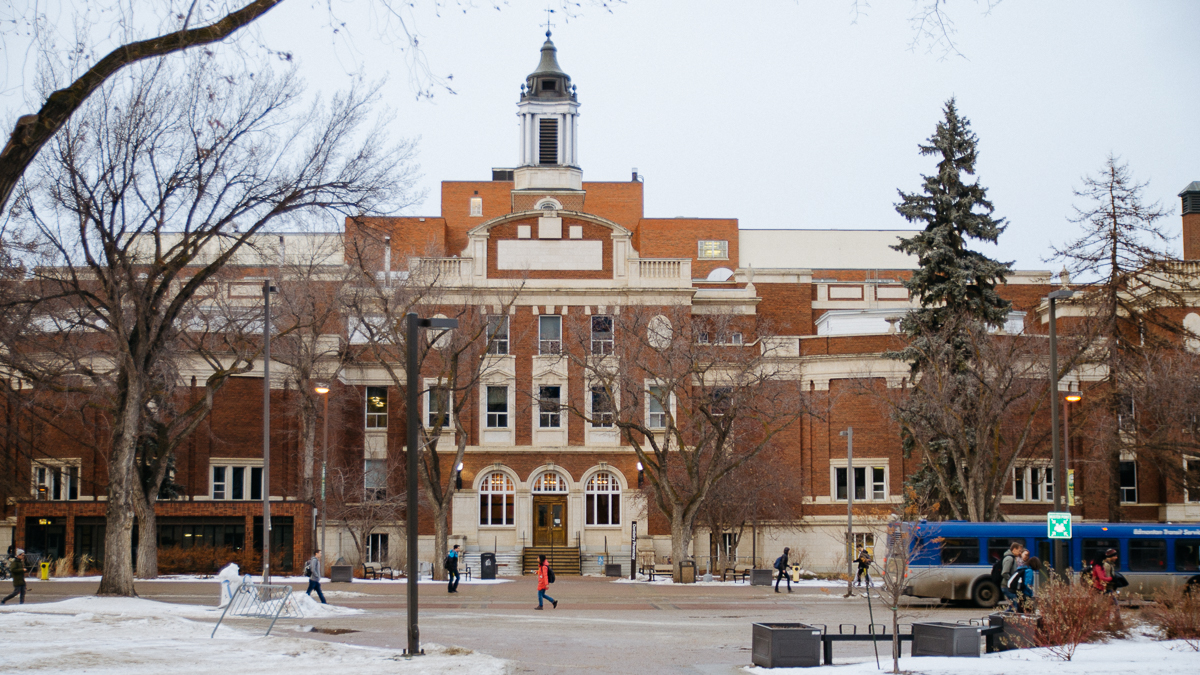Report in the works to give student perspective on deferred maintenance
 Kesia Dias
Kesia DiasA Students’ Union report on the University of Alberta’s deferred maintenance is looking to put a student voice to the concerns over the state of aging university infrastructure.
The Report on Student Priorities on Deferred Maintenance is being compiled by SU vice-president (operations & finance) Robyn Paches. Paches has been conducting interviews and collecting feedback from student group leaders, residence associations, university boards, faculty associations, and students at large. All aspects of deferred maintenance are being considered, including aging buildings, classrooms, recreational equipment, and residences. Once completed, the report will be released in time for the March sitting of the Alberta Legislature.
Deferred maintenance is a term used to describe when components of the university’s infrastructure are scheduled to be repaired within a particular amount of time but aren’t, which could result in cascading effects and costlier future repairs. The highest decision-making body at the U of A, the Board of Governors, said at an October 2017 meeting that the university’s deferred maintenance bill is nearing one billion dollars.
“When you boil it down, (deferred maintenance) is a simple issue,” Paches said. “Infrastructure affects everything.”
“If you have unsafe labs, science students won’t be able to learn as well,” he said. “If you are a fine arts student in a creative space and the lighting is not proper or there are leaks then you aren’t going to learn to the same extent that you would. If you are not comfortable in the space at all you are not going to want to be there.”
Paches said the ultimate goal of the report is to have a student perspective on deferred maintenance accessible to university administration and provincial government officials when making decisions regarding U of A infrastructure needs. When currently engaging in advocacy, Paches said SU executives bring anecdotal stories or some general data on overall deferred maintenance figures.
“Right now, there is nothing,” he said. “There is no document that says what student opinion on deferred maintenance are.”
According to Paches, deferred maintenance and the prioritization of infrastructure projects is done simply from an operations university level. The U of A generates deep analysis reports of maintenance needs of each building on campus and maintenance plans. Currently, this process includes consultations with departments but no tool for student input on buildings.
For Paches, part of the problem of deferred maintenance the lack of transparency in what level of funding the provincial government will commit to giving. He believes the report will lead to more productive conversations regarding predictable and reliable frameworks for university deferred maintenance funding.
“Maintenance plans are long, complicated, and difficult to tackle,” Paches said. “In order to do that you need to know what kinds of funding you can expect. That way they can make a maintenance plan accurately.”
Reports created by the university administration tend to prioritize the background mechanical or electrical components of buildings, Paches said. While basic components of buildings are important, Paches wants student concerns to be taken seriously as they are everyday front-end users.




